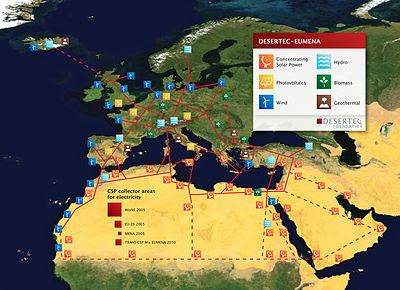Green energy for all
 |
| Green Launches |
 |
| Green Alliance |
Declining prices
Economies of scale and the technological improvement of solar panels have given renewable energy comparable advantages in key characteristics with the leaders of its industry. Thanks to the plunging prices of photovoltaic (PV) units, which have dipped more than 60% in the past three years, solar energy is providing some of the highest returns on energy investment in the world’s sunny regions.
Why rural
Since an ample supply of solar energy is commonly found in the poverty stricken regions in Africa, Southeast Asia, and Latin America, PV technology is a logical candidate in eliminating global energy poverty. Besides the geographical fit solar panels have with impoverished nations, PV units also boast advantages of being small-scale, remotely implemented, and completely emission free. Whereas other renewables like hydro or biomass require substantial financing, strategic placing, and minimization of the environmental impact, solar panels face little, if any, of these obstacles. As over 80% of those without electricity are in the rural areas of our planet, the assets provided by PV technology in bringing remote, cost-effective energy directly to people, will help shed light on global poverty.
Desertec
The most promising project in the Africa/Eastern European region is being offered by the blossoming renewable energy group Desertec, which is devoted to completely satiating energy needs with the immense power of the sun. Using solar panels in an expansive network stretching across the Saharan Desert from Saudi Arabia to Morocco, the projects aim is to source enough electricity to supply the entire region with enough left over to supply 15% of the continental European demand. The first solar farm in the Desertec project will be installed in Morocco later in 2012, with many more to follow.
Micro-financing enables low income investment
Aside from Africa, there is a pulsating need for affordable, reliable electricity in Asian and Latin American nations living below the poverty line. Whether it’s the over 400 million people living without electricity in booming India or the 20 million living off the grid in war torn Afghanistan, the need for energy is pressing. Micro-financing has opened an entire world of possibility to the poor through social enterprises like Kiva, an interest free collection of first world lenders who donate funds to third world lenders via the Internet.
The benefit of renewable energy is so promising that entrepreneurs are investing in third world projects not just for the humanitarian benefit, but for the reliable return garnered from their investment. For example, the Cambodian based company Kamworks offers rental prices on alternative energy units that match the daily cost of kerosene. This makes the investment in renewables affordable for those living in poverty and rewards investors with increasing returns, as their start-up costs are paid off with rental fees. Over the next decade, the expansion of micro-financing options that bring individual renewable energy units, particularly solar, to remote locations will provide light in every corner of the globe.
Opportunity for growth
 |
| Beyond Profit |
 |
| Renewable Energy Law |
Thank you for taking the time to learn more about renewable energy - Knowledge Is Power! For more information go to www.endeavorscorp.com or write to us at info@endeavorscorp.com if you have questions or want to get involved. Have a green day!
Sources World Press, Resource Investing News,Renewable Energy World,Bennu Solar, Renewable Energy World, International Youth Council, 247 Wall St, Stock Markets Review, Renewable Energy World, RONA UNEP, Renewable Energy World, knol.google, ABC







